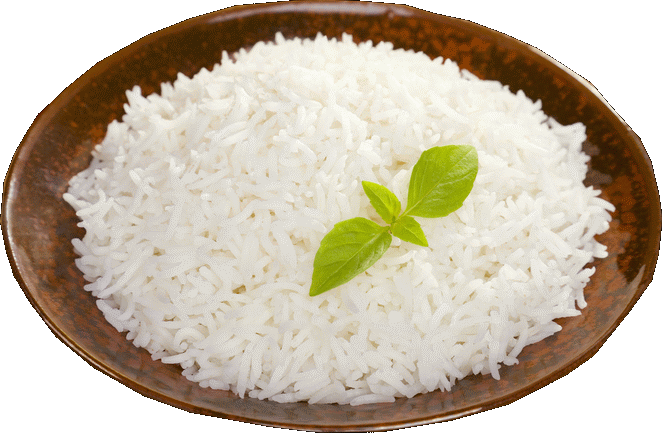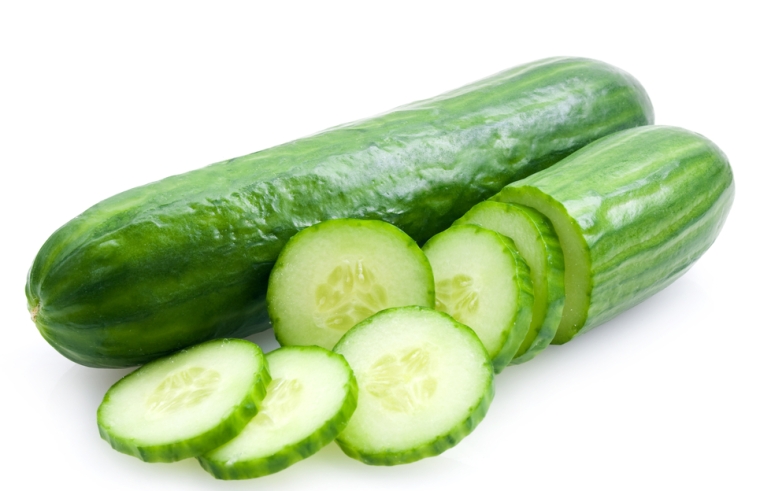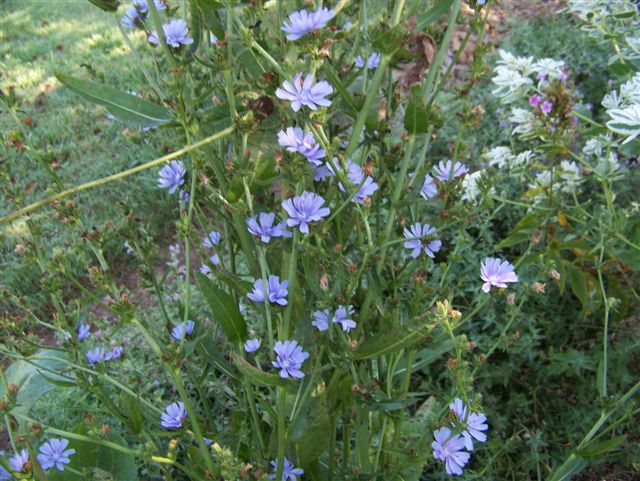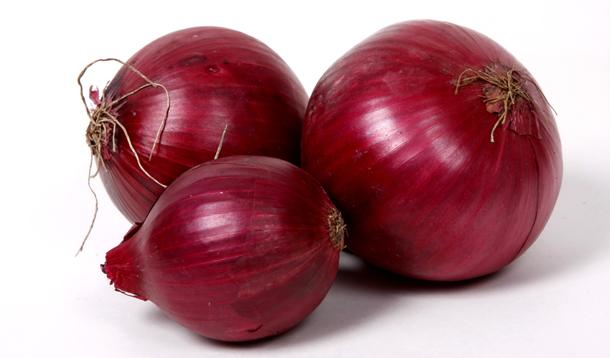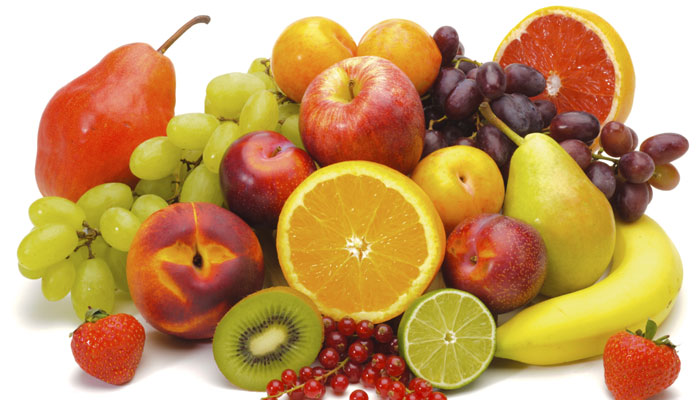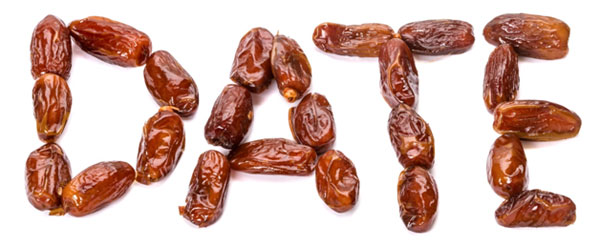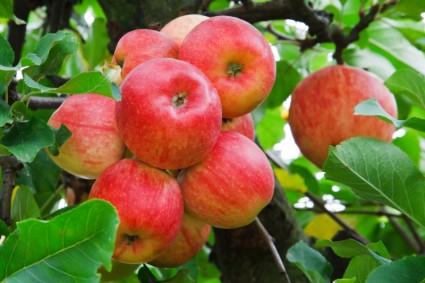The Four main stages of Performing Wudu
 The manner of performing wudu as explained below is based on the Qur’an and the authentic sunnah of the holy Prophet as narrated by his Ahlu ‘l-bayt and his most reliable companions. The relevant verse of the Qur’an and the ahadith will be discussed in section J.Wudu is done in the following four stages :
The manner of performing wudu as explained below is based on the Qur’an and the authentic sunnah of the holy Prophet as narrated by his Ahlu ‘l-bayt and his most reliable companions. The relevant verse of the Qur’an and the ahadith will be discussed in section J.Wudu is done in the following four stages :
 1. Washing the face
1. Washing the face
After doing the niyyat [Intention], pour water over the face from the top. Then using the right hand, wipe the face from the top to bottom, in such a way that the water reaches all parts vertically from the hairline to chin, and every place horizontally within the reach of the span of the hand from the middle-finger to the thumb.
It is not obligatory to wash the parts which do not come within the middle-finger and the thumb; however, there is no harm in including those parts to ensure that all the necessary parts have been washed.
It is not obligatory to wash the inside of the eyes, the lips, the mouth, the nose, and the eyelids. If one has beard or mustache, it is enough to wash the hair which are apparent; it is not necessary to make the water reach the inside of the hair or to the skin. However, if the hair are so sparse that they do not hide the skin, then one should make the water reach the skin.
Bald person or those with receding hair-line should wash their face as if the hair were growing normally. If someone’s face is larger, or smaller, than normal, then he should wash the part which comes within his middle finger and the thumb.
 2. Washing the fore-arms
2. Washing the fore-arms
After washing the face,the right and then the left hand should be washed from the elbow down to the finger tips.
like the face ,they should also always be washed from top to the bottom and if washed from below to above the WUDU will be void.
Pour water over the right fore-arm from the elbow to the finger-tips; and using the left hand, wipe the water over the arm to ensure that all the necessary parts are washed. Then do the same with the left fore-arm. The washing must be done from the elbows to the finger-tips and not vice versa.
The water should be poured from a little above the elbow to ensure that the whole fore-arm is covered. It is necessary to wash the fore-arms in such a way that the water penetrates the hair, if any, and reaches the skin.
The right fore-arm should be washed before the left.
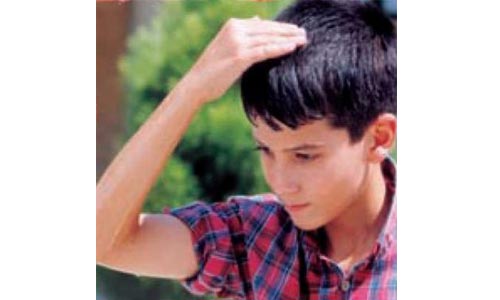 3. Rubbing the head
3. Rubbing the head
Wiping of the head means to wipe a wet finger of the right hand from the crown of the head to the hair-line. Wiping of the head can be performed on any part of the quarter of the head which is over the fore-head.
The act of wiping can be done with one finger only, but it is recommended to use three fingers together. The water must reach the root of the hair. However, if the hair are so short that they cannot be combed then it is enough to wipe the hair.
While wiping the head, your hand should not touch your fore-head; otherwise, the water of the fore-head will mix with the wetness of your hand, and this will render the act of wiping the right foot invalid. Why? Because the act of wiping must be done with the wetness of the hands only.
 4. Rubbing the feet
4. Rubbing the feet
Again using the wetness of the hands, wipe the right foot with the right hand, and then the left foot with the left hand.
In wiping the feet, place the palm or the fingers of the hand on the finger-tips of the foot and then wipe to the base of the ankle. One can even wipe from the base of the ankle to the finger-tips. In wiping the feet, your palms should wipe your feet; it is not enough to move your feet against your palms.


